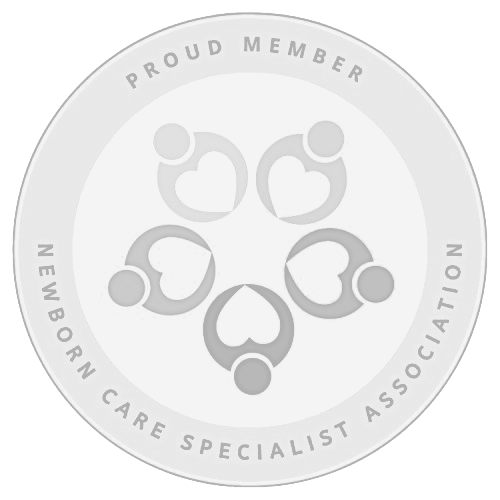Here are some ways that you can ensure that your children are protected from the risks of the internet.
- Stay informed: Keeping up-to-date with the latest trends in media and technology can help you understand the media landscape your child is exposed to. This includes being aware of the latest apps, social media platforms, and online games your child may be using.
- Set limits: It’s essential to set limits on the amount of time your child spends on media and the types of media they consume. This can help ensure that your child is exposed to age-appropriate content and maintains a healthy balance between screen time and other activities.
- Watch TV with your child: Watching TV with your child can help you identify any potentially inappropriate content and answer any questions they may have. It’s also an excellent opportunity to discuss the importance of making healthy choices when it comes to TV and other media.
- Teach critical thinking skills: Teaching your child critical thinking skills can help them evaluate the accuracy and credibility of the media they consume. Encourage your child to ask questions, think critically, and consider different perspectives.
- Discuss media literacy: Have conversations with your child about media literacy and why it’s important. Explain how media can influence their opinions and behaviors and discuss ways to evaluate media content critically.
- Model good media habits: Children learn from their parents, so it’s essential to model good media habits. Limit your own screen time, use media mindfully, and demonstrate how to evaluate media content critically.
- Use resources: There are many resources available to help parents develop media literacy skills, such as online courses, books, and workshops. Consider using these resources to enhance your own media literacy skills and learn new strategies to help your child navigate the media landscape.
Making Informed Decisions
By developing media literacy skills, parents can help their children make informed decisions about the media they consume. Teaching critical thinking skills, setting limits, and modeling good media habits are just a few ways parents can help raise their children well in today’s media-saturated world. Remember, media literacy is an ongoing process, and it’s never too late to start developing these skills.
Gabb:
Gabb is a wireless network with smartphones and watches safe for kids. They offer devices that are void of web browsing, social media and games but does include 14 essential apps like GPS, a camera, Bluetooth and more.
Common Sense Media:
Common Sense Media is a nonprofit organization that provides parents with reviews and age ratings of movies, TV shows, books, and other media. They also offer resources and tips for raising digitally savvy kids, including articles, videos, and parent guides.
MediaSmarts:
MediaSmarts is a Canadian nonprofit organization that offers resources and tools to help children and youth develop critical thinking skills when it comes to media. Their website includes lesson plans, games, and activities for parents and teachers to use with children of all ages.
American Academy of Pediatrics:
The American Academy of Pediatrics offers resources and guidelines for parents on how to manage their child’s media use. Their website includes recommendations for screen time limits, as well as advice on how to choose age-appropriate media for children.
Family Online Safety Institute:
The Family Online Safety Institute is a nonprofit organization that provides resources and tools to help parents and families navigate the online world safely. Their website includes guides and tip sheets on topics such as social media, online gaming, and cyberbullying.
Digital Citizenship Institute:
The Digital Citizenship Institute is a non profit organization that offers resources and training to help parents, educators, and students become responsible digital citizens. Their website includes webinars, workshops, and resources on digital citizenship topics such as online safety, privacy, and ethics.
These are just a few examples of the many resources available for parents who want to develop media literacy skills. By taking advantage of these resources, parents can help their children navigate the media landscape safely and responsibly.
Hello, Nanny! is a boutique nanny agency that works with professional nannies to provide the support and resources that parents need to raise healthy and well rounded children while also having the support they need along the way. If your family is feeling overwhelmed dont hesitate to reach out to learn about how our nannies can assistant support your family.











